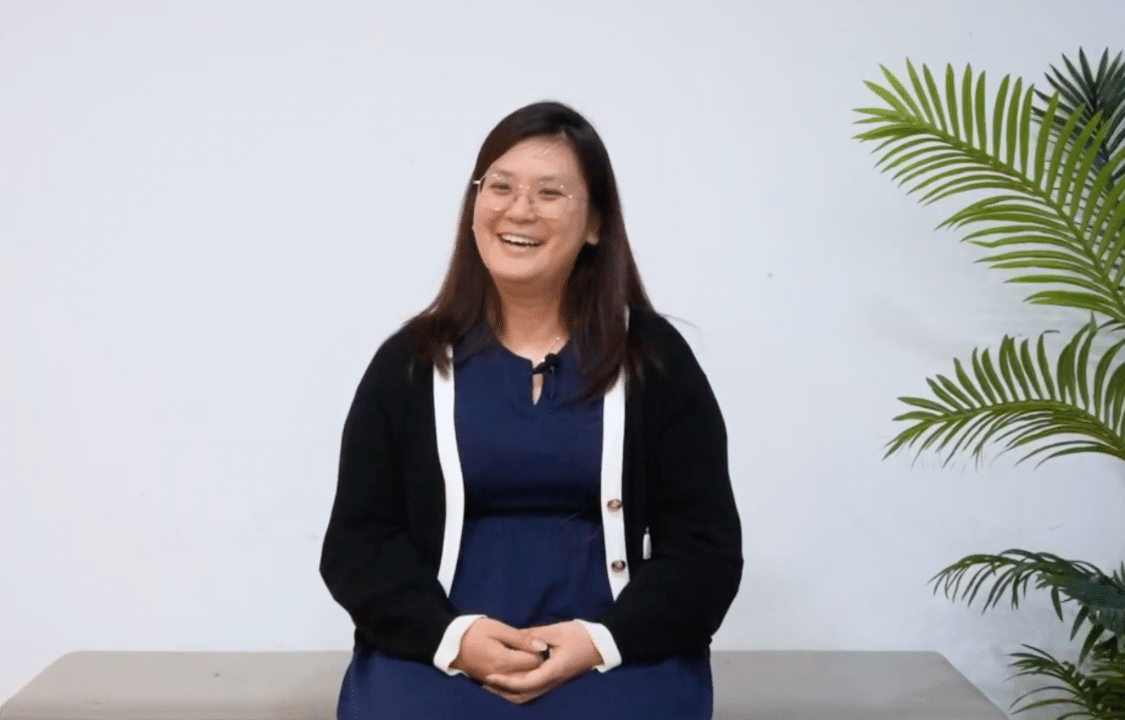The challenges arising due to Covid-19 provide us with a chance to develop our resilience and increase our wellbeing. Shared amongst the whole world, Covid-19 is a common enemy that all of humanity is fighting. Before this pandemic, we already face a common enemy – mental illness. And now, mental illnesses have only become more prominent ever since the spread of Covid-19.
Due to oversensitisation by the media, some people respond to the pandemic by shutting themselves off from the world completely. Some remain aloof and apathetic, and may continue to go out and party. Both display extreme ends of behaviour.
Life will always throw curveballs at us. However, it’s up to us to decide how we want to catch it. Coping will be more difficult if we choose a negative viewpoint, and we cannot solve problems with the same mindset that created it. When facing pain points in life, we can react without awareness, or we can respond consciously.
Cultural differences notwithstanding, the psychological behaviour of individuals and groups share many similarities. Most people feel anxious and worried due to the pandemic, and the intensity of these feelings range from mild to severe. Fear – a natural and essential emotion of survival – is frequently triggered by the thought of an invisible threat.
An injection of fear could increase our odds of survival, but fear could also drive us into an abyss of anxiety when we are overdosed with it. When constant waves of stress traverse from our brains into our bodies, it floods our hearts and guts and cause a feedback loop of anxiety. This overdrive of fear causes us more harm more than it should, especially when triggered during the times of the Covid-19 pandemic. The constant loop of fear is alike sentencing ourselves to a self-created mental and emotional prison, as if we are serving a punishment without having any awareness of the crime. The very fear that is meant to help us to survive the pandemic, now counterintuitively weakens our immune system, and chips away layers of psychological and physiological defence against the virus.
With this Covid-19 Resilience Awareness model, we can take a self-assessment and check in on how we feel. Are we being resilient despite stressors? How can we be more mindful in the midst of panic? The Covid-19 Resilience Awareness model also informs us on how others are reacting, and what we can do to help. Through this intervention, resilience can be promoted especially in those whose psychological health are being affected by the pandemic.
5 Stages of Resilience in the Covid-19 Pandemic
1. Automated Response
Travel restrictions are being imposed, schools are closing down, and people around us are getting infected with coronavirus. How are we responding to the situation? The first automated response we experience may be fear, anxiety, or worry.
An automated response doesn’t necessary mean acting out in fear, it could be a thought process that impacts our emotions. Cognitive distortions might set in. For example, we may jump to conclusions and think that the world is coming to an end. In reaction to the perceived threat, many of us may worry incessantly about our parents, obsess about Covid-19 news, stock up on food and toilet paper, and panic about the unforeseeable future.
Some may even refuse to press lift buttons, and expect others to press them instead. Anxiety can cause to people become selfish and project fear to people around them. Being ready is about being resilient and being able to respond to a situation. There is, however, a fine line between maintaining hygiene versus being inconsiderate towards others. Did your automated response affect your civility?
Our automated response may also lead us to stay home, cancel exercise plans, and cut off all sorts of interactions in a bid to stay safe. Such precautions may help us stay virus-free, but social isolation has its psychological implications. The situation right now is dire. But if we are too busy caught up trying to survive, we will be a victim of circumstances.
2. Awareness
Things can only change for the better if we have an awareness of our automated response. Following the recognition of our automated response, we can then label our emotions, describe what we are going through, and look at the situation from a different perspective.
Albert Einstein said, “No problem can be solved from the same level of consciousness that created it.” Indeed, there needs to be a shift in our mental and emotional states, so that we won’t feel victimised by external situations.
Notice how you’re feeling, and notice your thoughts too. If you can identify your emotions, label it, as well as discuss your beliefs, you will have more awareness. With greater awareness, we can simply accept that we are worried, or feeling a particular way, instead of projecting it to others.
3. Stabilisation
If one is stuck at the Automated Response stage, the preoccupation with anxiety means that suffering is one’s predominant state. In this stage of Stabilisation, a person is brought back to the baseline of normality and functionality. For this to occur, a person, after gaining awareness of their thoughts and feelings, would have to realise that suffering is an option.
There is a difference between being vigilant and being stuck in a suffering state. We must remain socially responsible and conscious of our hygiene. However, if we were to be paranoid, Covid-19 would already hurt us psychologically before we fall physically ill from it.
Over 900,000 people have been infected by Covid-19 physically. But seven billion people are affected mentally. When a person is being affected by Covid-19 physically, their immune system and medical care are their primary defences. For those who have not contracted Covid-19, their defences are physical and psychological. The preoccupation with worrying and suffering could lower our immune system, and people who are constantly negative, highly anxious and depressed over this situation could suffer from a weaker immune system.
During the Stabilisation stage, interventions can be used to change one’s emotional and psychological stage. For example, we could employ daily breathing techniques to calm down, keep a gratitude journal, start a hobby, walk in nature, and learn how to be more mindful.
4. Choice
We can become a victim in this pandemic, to suffer, be worried, and feel out of control. Or we can change something within ourselves to adapt, reconfigure, and be more psychologically ready. Either way is our choice.
We have a choice to respond with apathy or empathy. We also have the choice to choose how we want to feel, and the length of time we want to experience a particular state. For example, we may still feel a need to worry, but we also know that over-worrying is unhealthy. Thus, we may put a timeline on a specific negative state, such as giving ourselves 30 minutes to fret for all we want, then moving on after that to do something else that can shift us away from an undesirable stage.
Choice is about having goals, and we can exercise a conscious effort to thrive under stressful situations.
5. Contribution and Role
What are the roles we play in this pandemic, and in what ways can we contribute to help? In this final stage, we design the impact Covid-19 has for ourselves and our community by questioning the ways we can contribute to society.
How can you make the situation better for your family, your community, and your workplace? What role can you play to make this world a better place? There are many constructive ways we can respond to paranoia. Through compassion and kindness – towards others and ourselves – we can steer people along and improve the situation.
Despite these dire times, we’ve heard many heartwarming stories of people who stepped up with empathy and generosity. We can thank people in the frontline, offer words of encouragement to others, checking in with people around us. We can even think of creative ways to encourage healthy behaviours, such as spreading positive content through a special song list or motivational video.
Being resilient doesn’t mean you have to be a healthcare professional at the forefront of battling the pandemic. All it takes is a shift in perception and kind actions, and you play an equally encouraging role during bleak times.
Conclusion
In weights training, we can only increase our capacity in strength when there is resistance. Much like physical fitness, wellbeing can be developed only when difficulties arise to challenge our development.
Granted, Covid-19 is a frightening pandemic. But it is also an opportunity for us rethink about how we live our lives.
We can take this chance to relearn things and reinvent ourselves. We can even reset our habits as a consumer, pay more attention to our mental wellbeing, and put in more effort to be more mindful.
By having the awareness that a better world first begin with ourselves, we can then play a more conscious role in the world. Growth and healing can be fostered only if we have compassion towards ourselves and others.
An expert in the field of positive psychology with 18 years of experience in the higher education and training industry, Stephen holds a MSc Applied Positive Psychology with a focus in Organisational Psychology and Leadership. He is also a certified psychotherapist, clinical hypnotherapist, supervisor, and a fellow with the National Council of Psychotherapists in the United Kingdom. As a psychotherapist and a positive psychology coach, Stephen has worked with more than 800 clients in the areas of wellbeing development.



